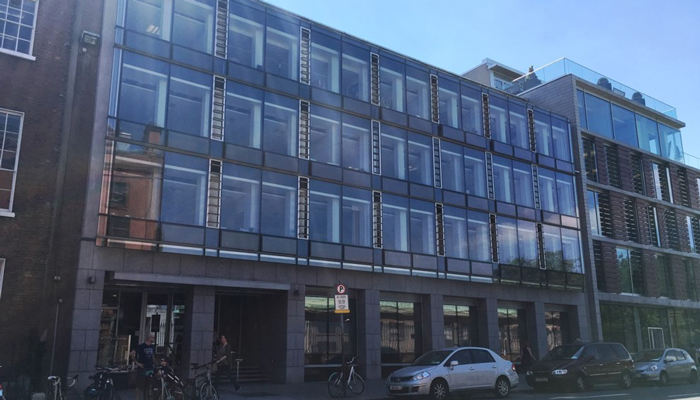Following questioning from The University Times, Trinity’s Counselling Service is now advertising external resources for mental health support for Black, Asian and Minority Ethnic (BAME) related issues for the first time.
As of 10:20am on Thursday, November 23rd, the page advertising ‘External Support’ on the Counselling Service website advertised external services pertaining to ‘abuse and assault’, ‘addiction’, ‘body image and eating’, ‘budgeting and financial’, ‘victim support’, ‘family support’, ‘legal advice’, ‘mental health’, ‘sexual health and family planning’, ‘sexual orientation/gender identity’, and ‘suicide and self-harm’.
Following questioning from The University Times surrounding the existence of external services for ethnic minorities, the list was updated at 11:50am to include ‘BAME supports’, namely Black Therapists Ireland.
This year, the Counselling Service has no counsellors of colour on staff. In an initial statement to The University Times on Tuesday, November 21st, a representative from the Counselling Service said: “This year it has not proved possible to have a counsellor of colour on staff, due to turnover or work visas ending, but we have a wide diversity of cultures in our staffing.”
The statement continued: “Trinity is acutely aware of the importance of diversity in its counselling services, given the diversity and international nature of its staff and student body. There is a wider problem in Ireland with access to psychology and psychotherapy training.”
“In fact Trinity staff have been to the fore in urging more state funding of training for counsellors from diverse backgrounds and some success has been achieved with the HEA who are now sponsoring students in the doctorate in counselling psychology.”
Upon further questioning relating to issues of race, the Counselling Service clarified on Wednesday, November 22nd: “Recruiting BIPOC/BAME counsellors is one of the best ways to meet the needs of Trinity’s black, Asian and other ethnic minority students”, and it has been a “strategic aim” of the service to hire more BIPOC/BAME counsellors for a number of years.
The Counselling Service also stressed that “it is vital that non-BIPOC/BAME mental health practitioners are firmly grounded with theory, skills and language to meet the unique needs of their BIPOC/BAME clients to ensure a truly therapeutic environment, and to guard against the re-creation in the counselling office of the institutional and interpersonal dynamics that traumatise people of colour”.
It detailed the current “trauma-informed” approach to working with students, saying it does so “from a position of cultural humility that involves self-reflection, acknowledging and seeking to mitigate power imbalances, and advocating for institutional accountability”.
It also acknowledged that “racism, whether experienced interpersonally or institutionally, causes trauma for people of colour. Trauma is the root of most serious mental health difficulties, and as such creates specific mental health challenges for people of colour. BIPOC/BAME populations often experience a higher burden of disability from mental health issues.”







